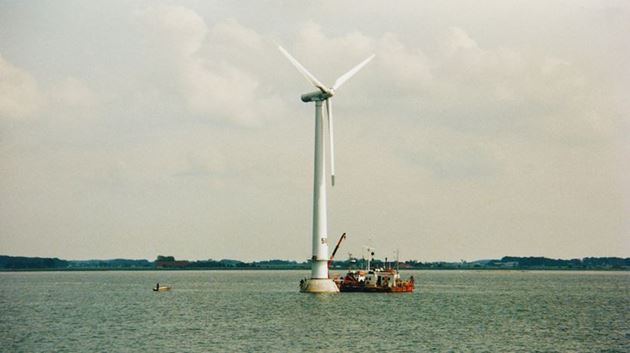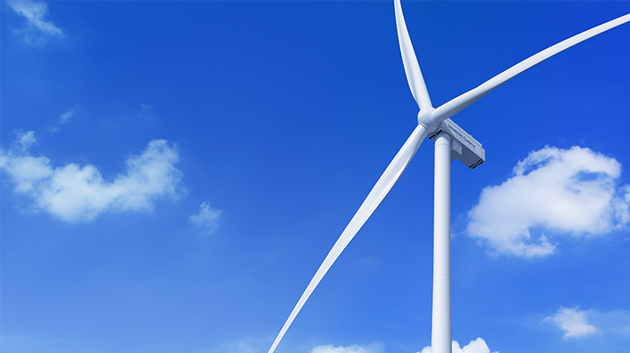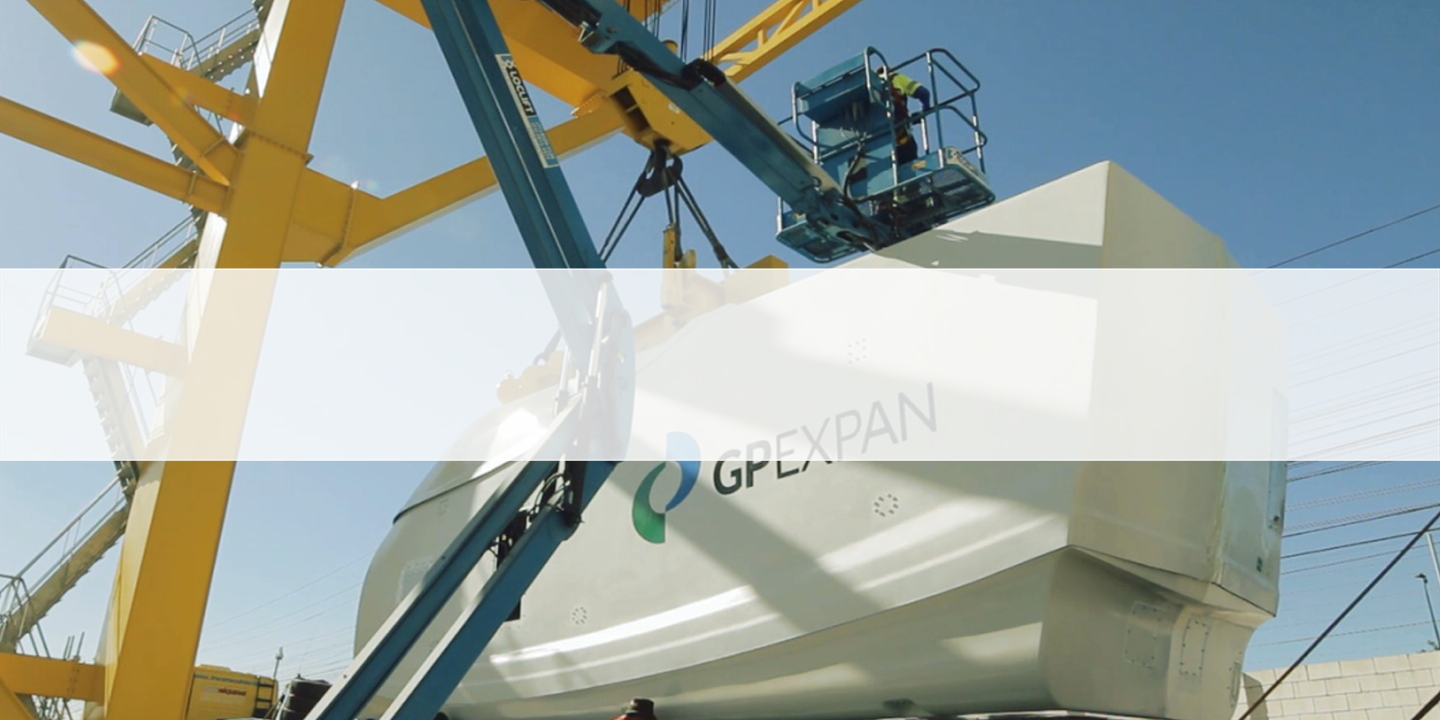
The Camaçari plant in Brazil celebrates a decade being an integral part of the local community
Built in 2011, the Camaçari plant brought the renewable energy sector to a Brazilian region that was previously known mainly for automotive and petrochemical industries. With over 1,150 nacelles produced over the years, the facility has generated direct employment and helped to develop a strong network of suppliers.
With over 19 GW of installed capacity, Brazil is the seventh largest market for wind energy in the world, according to the Global Wind Energy Council (GWEC). Wind power is the second most important energy source for the country’s energy matrix, providing around 11% of the total power.
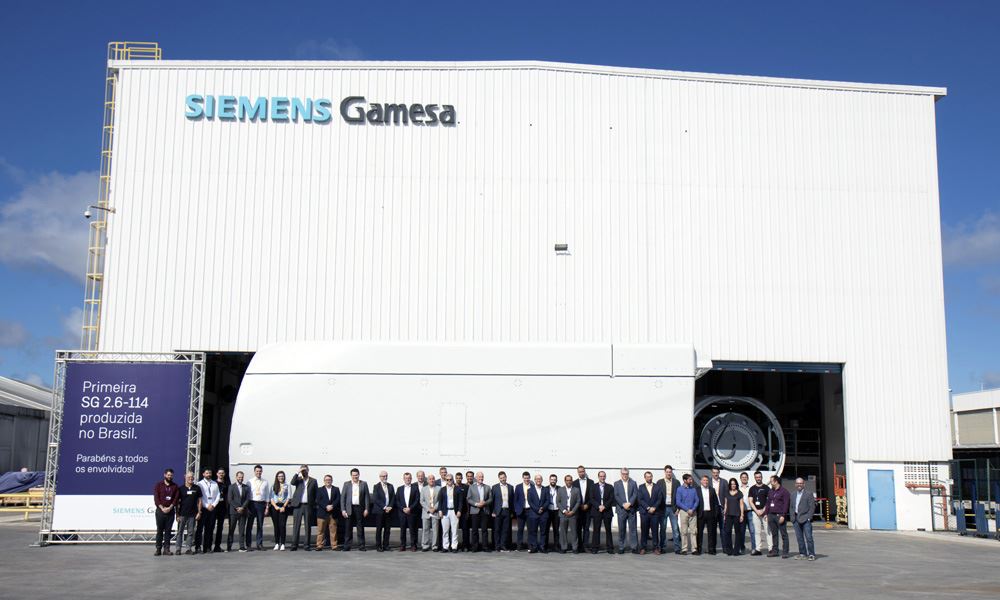
While the pandemic saw many companies close or trim down their operations, Siemens Gamesa stayed committed to its manufacturing facility. 200 employees work in the Siemens Gamesa Camaçari plant - accounting for 30% of the company's 650 employee base in Brazil.
More importantly, Siemens Gamesa has a robust ecosystem of local suppliers in the region. Its well established supplier network can be traced back to the construction phase of its manufacturing facility in 2010. The company invested considerable effort in developing its supply chain and ensuring it had local supplier capacities in place.
“The construction of the plant in Camaçari brought the renewable energy segment to a region that was previously known mainly for automotive and petrochemical industries," says Noverbia Fontes dos Santos, Branch Manager at Randstad, global leader in human resource management that helped Siemens Gamesa create a local supplier base and subsequently populate its factory.
"Siemens Gamesa is a safe company, with a healthy organizational climate and constant creation of new projects," adds Fontes dos Santos. "The company is committed to generating jobs, moving the region's economy and strengthening new partnerships. Randstad is proud that, after having started its partnership in Camaçari, it has become Siemens Gamesa's homologated company in employability globally.”
Over time, many turbine models were assembled in Camaçari, such as G97, SG 2.0-114,SG 2.1-114, SG 2.6-114, and SG 3.4-132, always following nationalization requirements. Since manufacturing facilities opening in 2011, it has produced over 1,150 nacelles and 1,836 hubs. Today, the plant supports 14 customers and is starting the 5.X project - which regards the production of the largest onshore turbine in the wind market, the SG 5.8-170.
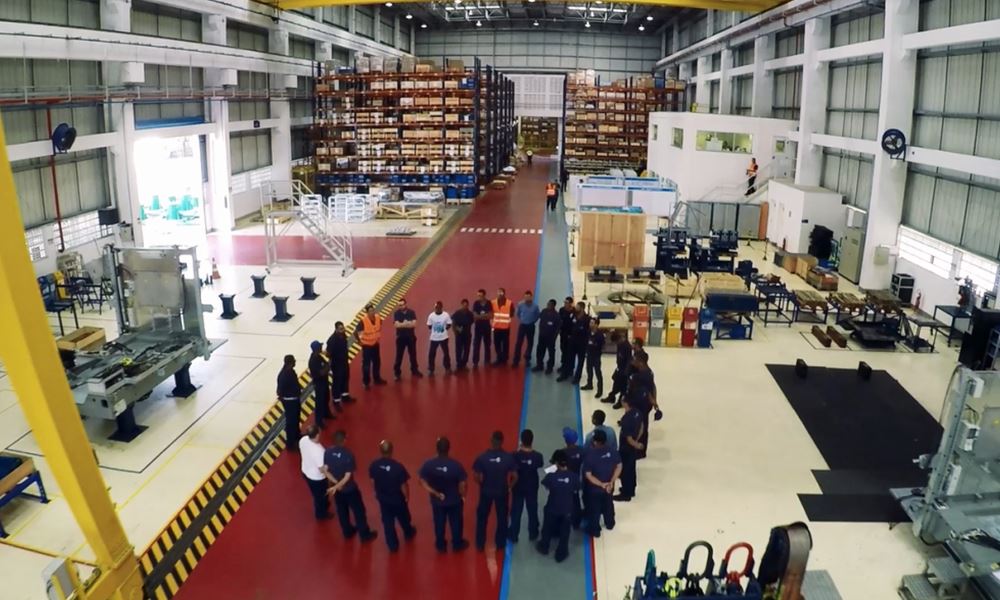
Marcos continues, "It is important to add that Siemens Gamesa is committed to the training and qualification of the workforce. Through these trainings, we not only expand our knowledge in our area of expertise, but we can also apply much of what we learn to our daily lives."
A little more than five years ago, the plant in Camaçari opened an in-house training centre where qualified employees are selected to share knowledge with the rest of the team. Before the pandemic, even customers could send their employees from the wind farms to travel to Camaçari to receive training.
Marcos sums it up eloquently when he explains how Siemens Gamesa is dedicated to collaborating with the local population, "The company has had a significant social impact on Camaçari through the years and the recent pandemic was no exception either. Siemens Gamesa promoted solidarity campaigns to help people and communities in vulnerable situations – through donating food, clothing, hygiene items, and various other commodities.”
In the last few years, Siemens Gamesa’s Social Commitment team promoted different social campaigns with the aim to eradicate poverty and promote education in the region. The most recent campaign encouraged employees to donate different books to promote diversity in the community.
After its first turbine was installed in 2012, in Inveravante’s wind park Dunas de Paracuru in Ceará, Siemens Gamesa has been an important player in the Brazilian wind energy market. Since then, the company has installed more than 1,800 turbines that generate 3.9 GW, making up for around 21% of the Brazilian market share in seven states.

